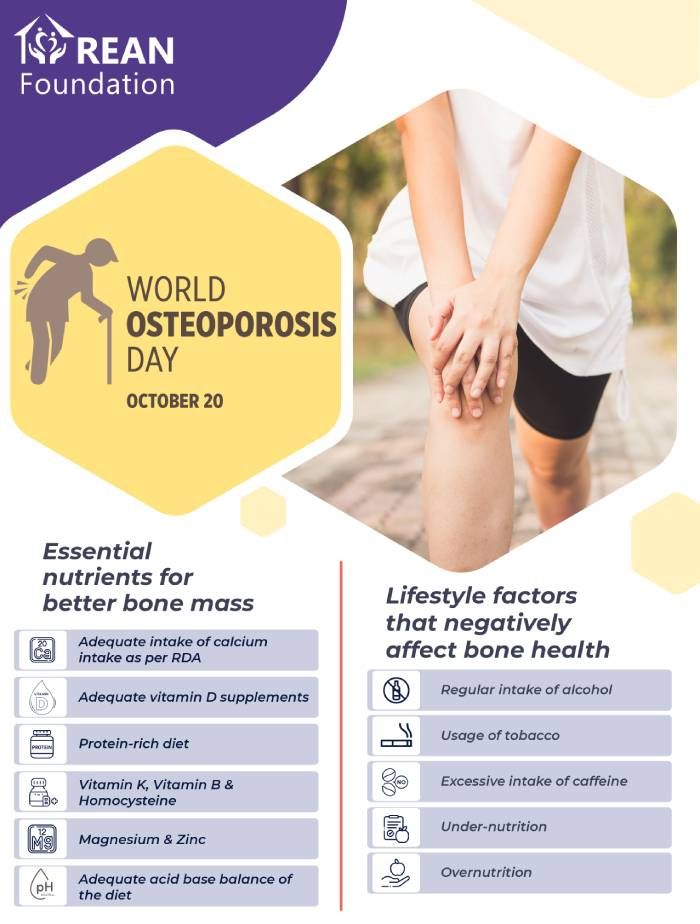
As we age, our bodies go through many changes, and one of the most important aspects of health that often gets overlooked is bone health. For seniors, maintaining strong and healthy bones is crucial for overall well-being and quality of life. In this article, we will discuss the importance of bone health for seniors and provide tips on how to keep bones strong and healthy as you age.
Why is Bone Health Important for Seniors?
Bone health is essential for seniors because as we age, our bones naturally weaken and become more susceptible to fractures and osteoporosis. Osteoporosis is a disease that causes bones to become weak and brittle, increasing the risk of fractures from even minor falls or injuries. Seniors with osteoporosis are at a higher risk of developing serious complications and disabilities that can significantly impact their quality of life.
Strong bones are also crucial for maintaining mobility and independence as we age. Healthy bones provide the support and structure our bodies need to move freely and perform everyday tasks. Without strong bones, seniors are more likely to experience pain, limited mobility, and a decreased ability to participate in activities they enjoy.
How to Maintain Bone Health as a Senior
There are several ways seniors can proactively maintain and improve their bone health as they age:
Eat a Balanced Diet
One of the most important factors in maintaining bone health is to eat a diet rich in calcium and vitamin D. Calcium is essential for building and maintaining strong bones, while vitamin D helps the body absorb calcium. Good sources of calcium include dairy products, leafy greens, and fortified foods. Vitamin D can be obtained from sunlight, fatty fish, and fortified foods.
Stay Active
Regular weight-bearing exercise, such as walking, jogging, dancing, or weightlifting, can help strengthen bones and prevent bone loss. Physical activity also improves balance, coordination, and flexibility, reducing the risk of falls and fractures in seniors.
Avoid Smoking and Limit Alcohol Consumption
Smoking and excessive alcohol consumption can negatively impact bone health and increase the risk of osteoporosis. Seniors should avoid smoking and limit alcoholic beverages to protect their bones and overall health.
Get Regular Check-Ups
Seniors should talk to their healthcare providers about bone health and receive regular check-ups to monitor bone density and assess the risk of osteoporosis. Early detection and treatment of bone health issues can help prevent fractures and other complications in seniors.
Conclusion
Overall, maintaining strong and healthy bones is essential for seniors to stay active, independent, and enjoy a high quality of life. By following a balanced diet, staying active, avoiding harmful habits, and getting regular check-ups, seniors can proactively protect their bone health and reduce the risk of fractures and osteoporosis as they age.
Remember, it’s never too late to start taking care of your bone health. Start making small changes today to improve your bone health and ensure a brighter, healthier future as a senior.
**Stay healthy, stay active, and prioritize your bone health!**

